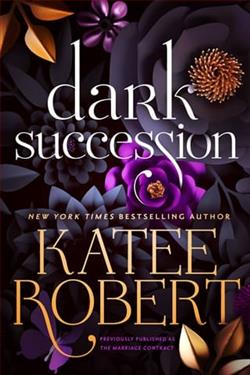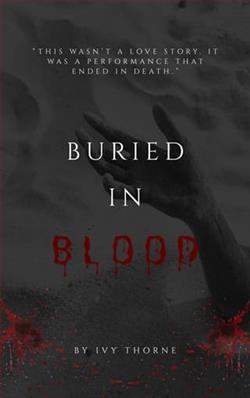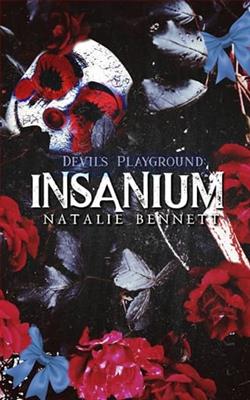Page 29 of Conveniently Wed
He choked on the first sip of the sludge. “Tastes like you didn’t wash the sediment out of it.”
She looked at him with wide, innocent eyes. “Might serve you right after the way you’ve been barking at me all morning.”
Then she laughed, a tingling, full sound with her head thrown back and the pale skin of her throat exposed.
And if it didn’t beat all, he found a smile wanting to curl up the edges of his mouth.
He turned away and climbed into the wagon instead.
He knew she hadn’t put anything in the coffee—it was just awful on its own, probably the last of the pot. But that was just the kind of prank his old self would have pulled. Right now he was too worried about getting the cattle sold and untangling the mess she’d made for him to do something like that.
And why did she have him thinking about pranks anyway? They had a job to do.
He gritted his teeth as she climbed onto the bench beside him.
Fran had a brother. And though Daniel was much older, she knew that when men were injured or sick, they tended to be a mite grumpy.
But her husband took the cake.
He’d allowed her to drive the wagon. Probably because his right hand was pretty worthless.
Riding on the bench seat beside him, she barely had room to move.
And he hadn’t spoken all morning, except to grunt one-syllable responses.
She was getting tired of it.
Emma had elected to walk, and was trailing the wagon, but not by much. Fran knew, because she couldn’t quell the urge to keep looking back and checking on her sister.
After only a couple hours behind the reins, her shoulders protested all the driving she’d done the day before. She tried to shift her shoulders unobtrusively, but she caught her husband’s sideways glance.
He still didn’t speak.
“Are you ever going to say anything?” she blurted.
Now he gave her a long look with those blue eyes. “You want to talk?” he asked. And his wolfish smile had her shifting uncomfortably on the hard bench seat. “Seems you do owe me some answers after interrogating me last night.”
Heat scorched her cheeks. So he had remembered her impertinent questions. But if he thought she would be embarrassed, he was wrong. “I suppose it’s only fair,” she offered.
Their eyes held, his challenging, hers steady.
“What happened to your parents? How did you end up?—”
“At the orphanage?” she finished for him.
He had the grace to look slightly abashed at the probing question. She answered anyway.
“My parents were affluent.” She said it simply. “There were several farms passed down through the generations—cotton and corn, mostly. Tennessee is very fertile. But we lived in the city. I was sent to a finishing school when I was fourteen, just like my mother before me. I got to see my family on holidays. I remember our last Christmas together. We had a roast goose, and my brother gave me the most beautiful calligraphy set…”
She shook herself out of the happy memory. “But that isn’t what you asked.”
He pointed to a depression in the prairie, and she did her best to guide the horses around it.
“Emma joined me at the school when she was fourteen. Shortly after her arrival, we were pulled into the headmistress’s parlor, where we received the news in a letter from our brother, Daniel. Our parents had died. A fever of some kind.”
She took a moment to steady her breathing, blink back the tears. It had happened two years before, but it still hit her hard.
“Daniel is ten years my senior. He was an attorney in Nashville. He wanted Emma and I to continue our schooling until he could settle things with our parents’ probate. Things were all right for a month or so, but our tuition came due. I had my eighteenth birthday, but couldn’t reach Dan, though both the headmistress and myself sent several letters. The headmistress allowed me to stay on and work in exchange for board, but Emma’s tuition remained unpaid. Finally, the headmistress was notified that no one by the name of Daniel Morris resided at the boarding house where he had previously stayed. He was gone. Disappeared.”















